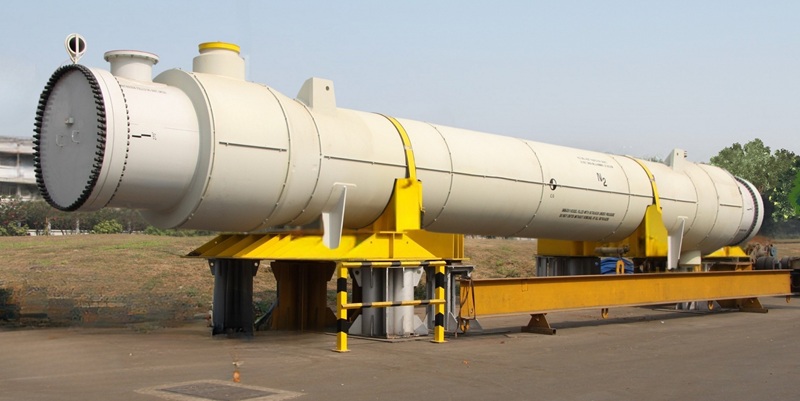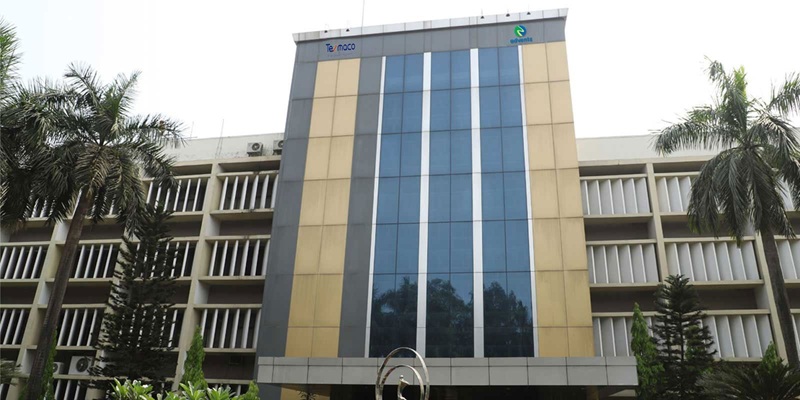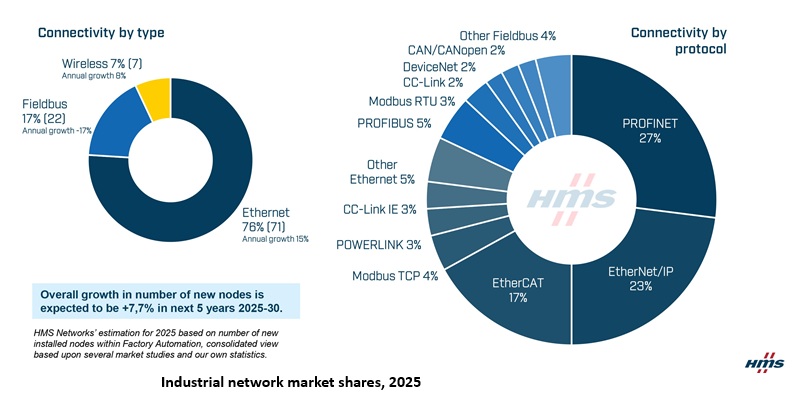Schedule a Call Back
WED Special: Circular Economy is a necessity, says Neelanjan Banerjee
 Industry News
Industry News- Jun 05,20
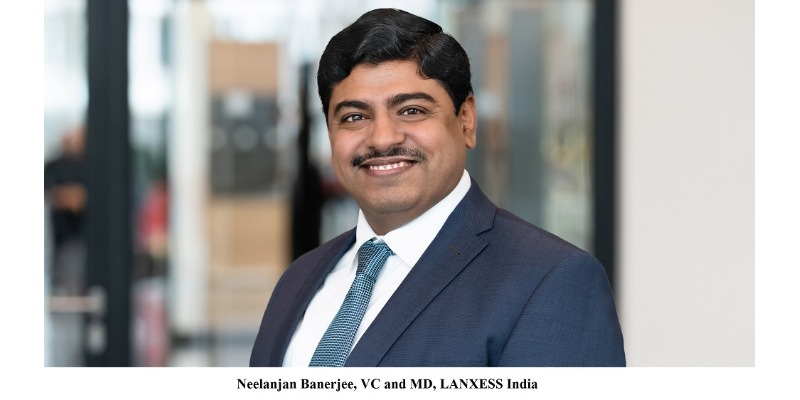
Related Stories

Shivtek Spechemi to set up Rs 600-mn specialty chemicals facility at Hazira
New facility will have a production capacity of 2,50,000 MTPA by 2027-28 and pioneer the production of bio-based additives, solvents, and specialty additives. The plant to be registered under Vibran..
Read more
Building the energy workforce of the future: Technological skills and leadership
The Climate Change Committee projects that by 2030, low-carbon industries could create between 135,000 and 725,000 new jobs. The energy industry will need a workforce that’s tech-smart, adaptable,..
Read more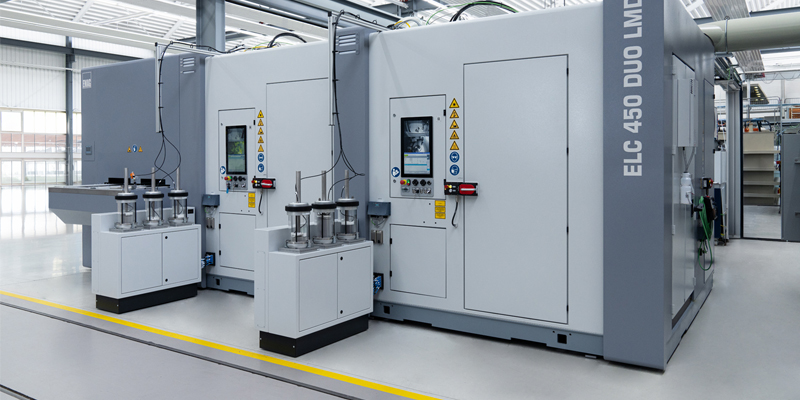
Low-emission brake disk: Best practice in data-driven production
Eurozone's decision to equip new car models with low-emission braking systems from next year represents a technological leap for the manufacturing industry
Read moreRelated Products

Programmable Controllers - Pcd-33a Series
Pro-Med Instruments (P) Ltd offers a wide range of programmable controllers - PCD-33A Series.

Gasket Graphite Powder
Arihant Packing & Gasket Company offers a wide range of gasket graphite powder.
Asahi Kasei expands 3D printing filament sales in North America
Asahi Kasei, a leading resin and compounding technology provider, has initiated the sales of 3D printing (3DP) filaments in North America through Asahi Kasei Plastics North America (APNA). The soft la Read more






